OUR VALUES
In the Computational Clinical Science Lab at Yale, we value:
Diversity, Equity, Inclusion, & Justice. We value diversity in identities, backgrounds, and life experiences. Our lab approaches science from an anti-racist, social-justice oriented perspective. We recognize that individuals from minoritized and underrepresented backgrounds historically have been — and often still are — excluded from science and academia. We know that this is especially true in the quantitative and computational sciences. Thus, we aim to disrupt systems of inequality through our research, advocacy, and mentorship of junior scientists. We do not tolerate racism, sexism, homophobia, transphobia, xenophobia, ableism, classism, or any other forms of bigotry or discrimination in the lab. Our goal is to create an inclusive and empowering environment where all lab members can thrive.
Community & Belongingness. Science is a team sport! We aim to foster a collaborative, inclusive, and supportive community of people who enjoy working together, learning from each other, and tackling hard problems in clinical science together. This means that we will brainstorm and workshop our ideas together, review code and analyses together, and give each other critical and kind feedback on projects, talks, and papers. We encourage everyone to bring their authentic selves to the lab, and we care about each other as whole people — both in and out of the lab. We believe in celebrating success and embracing rejection (which is a mandatory part of science that means we are trying to do hard things!). Above all, we support each other through all the ups and downs of doing research and being in academia.
Rigorous, Transparent, & Open Science. The goal of our research is to understand and predict suicide, nonsuicidal self-injury, and eating disorders, so we can ultimately develop and deploy better interventions. Therefore, it is critical that our science is robust, reproducible, and accessible to all audiences. In the CCS lab, we are committed to open science practices. This means that we will preregister our studies, be clear about exploratory vs. confirmatory analyses, post papers as preprints, and share our materials, code, and de-identified data on publicly available repositories whenever possible. We prioritize doing research that is rigorous and replicable, even if this means that our science is slower, because the costs of crises (of theory, reproducibility, generalizability, etc.) in clinical psychology are high.
Mentorship. In the CCS lab, we care deeply about mentorship. Being able to train and inspire junior scientists is a privilege that brings us immense joy, and a responsibility that we (starting with SW) take seriously. We believe that all lab members are here to learn and to share their wisdom, guidance, and support with others. This means that at each stage of training (e.g., research assistants, lab manager, graduate students, postdoctoral fellows), lab members will be encouraged to mentor junior folks in the lab. We also actively seek and create opportunities to provide mentorship beyond our lab and department, especially to folks from marginalized and historically underrepresented backgrounds (e.g., via the Yale Sneak Peak Program, the Application Statement Feedback Program, and mentorship programs in professional societies). Ultimately, our goal is to make an impact not only with the science that we do, but also through the mentorship we provide to the next generation of scientists and scholars.
This page was inspired by the CAND Lab, Social Perception & Communication Lab, and Leonard Learning Lab at Yale, the Harvard Intergroup Neuroscience Lab, and the Liu Lab at Johns Hopkins University.
